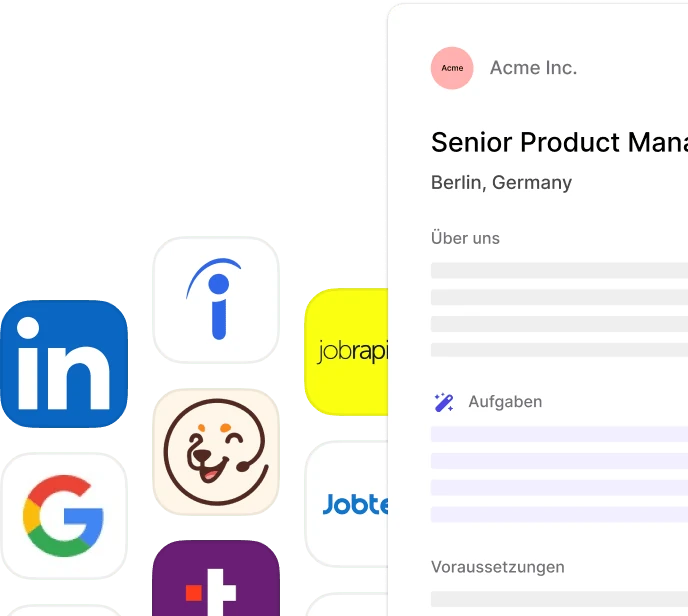Glossary: HR & Recruiting Definitions
What is an entry-level job?
Entry-level jobs are roles that do not require previous experience. These roles are usually targeted at recent graduates and those taking their first step onto the career ladder. They often offer some training to help employees grow within the role.
Table of contents
Entry-level definition
Entry-level jobs are usually the first step an employee takes in their career, meaning they won’t require previous experience in the industry. Entry-level roles can be targeted towards either high school graduates or university graduates, with the salary typically differing between these types of roles.
As no previous work experience is needed for these roles, hiring criteria for entry-level jobs is expected to focus more on a candidate’s soft skills than their hard skills.

Entry-level vs internship
An entry-level role and an internship do share some similarities. For example, they usually do not require experience and are a great way for a candidate to gain initial exposure to a chosen career. However, there are also some important differences.
Entry-level jobs are nearly always paid positions, with an entry-level salary attached. However, this isn’t the case with internships, which can be unpaid if the company decides not to provide payment.
Along with this, entry-level employees are usually hired on a longer-term contract than an internship. They can be full-time employees, expected to work their way up in the business. This differs from interns, who are temporarily employed by the business during their studies or straight after graduation.
Entry-level roles also differ from graduate schemes, in that an entry-level role can usually be performed in any industry with minimum knowledge needed. A graduate scheme, on the other hand, will typically offer further training and qualifications to graduates in a certain educational field, or on a certain career path.
Common entry-level hiring mistakes
Although entry-level jobs are a large part of any SME Recruitment process, many recruiters still make some common mistakes when hiring for these positions. These mistakes are listed below, along with simple ways to rectify them:
Requiring too much experience for an entry-level job
Entry-level jobs are the first step most candidates will make in their careers. Requiring three to four years of work experience for an entry-level position indicates that the open role may be better suited to a mid-level candidate. This means that the job should therefore be advertised this way, and compensated fairly.
Looking for the wrong kind of experience
Requiring some level of experience or understanding for an entry-level position is acceptable. However, the kind of experience gained will differ from a mid-level or senior position.
For an entry-level position, the experience the candidate has will mainly be from their education, internships, or other life experiences. This is why the focus should be on transferable skills during the entry-level hiring process.
Examples of entry-level positions
Most jobs can, with some work, be offered at an entry-level position. However, some roles are more suited to this level than others.
Examples of entry-level roles include:
• Administrative Coordinator or Assistant
• Auditor
• Buyers Admin Assistant
• Underwriter
Free recruiting software that helps you hire faster
Find out for yourself how we help you attract, screen, and manage the best talent to grow your team.
Get started for freeRelated terms


